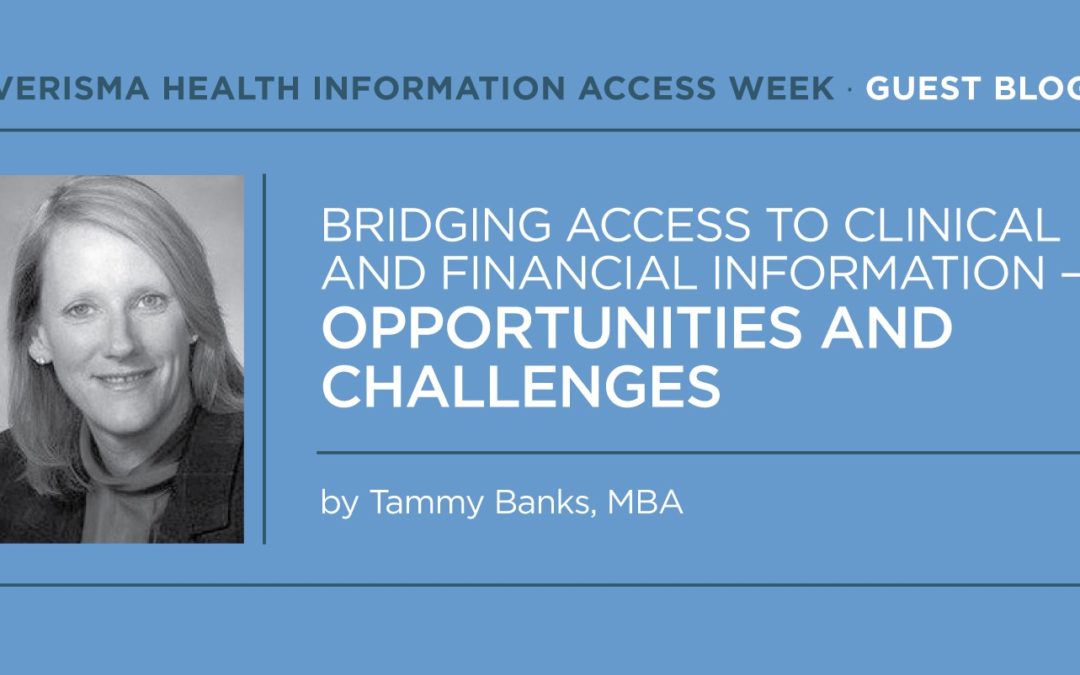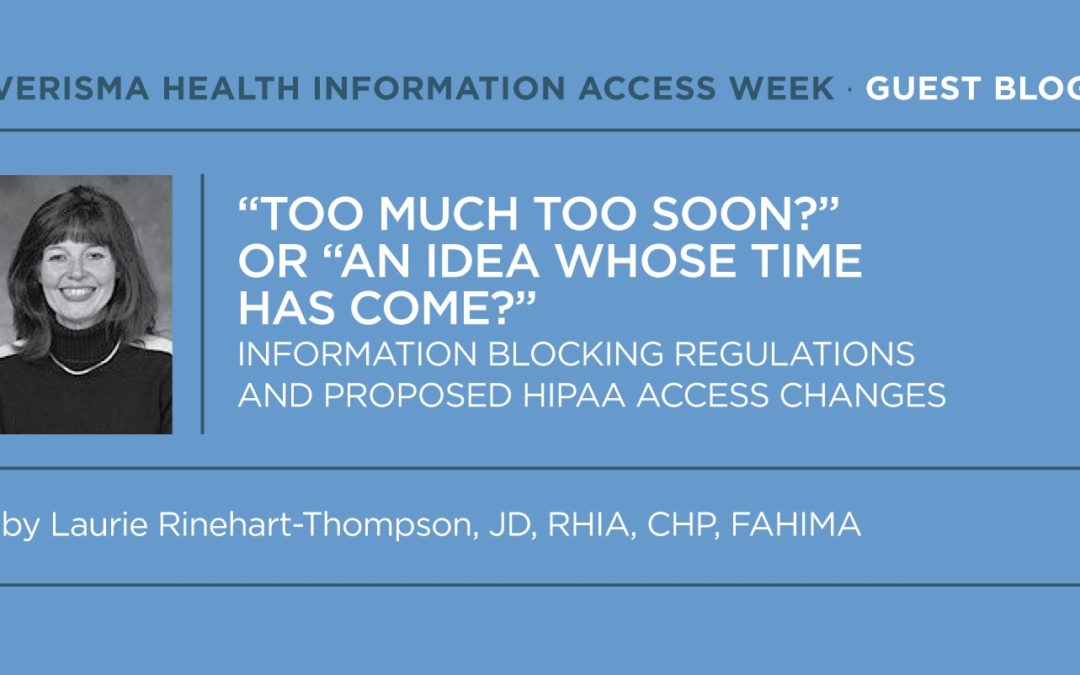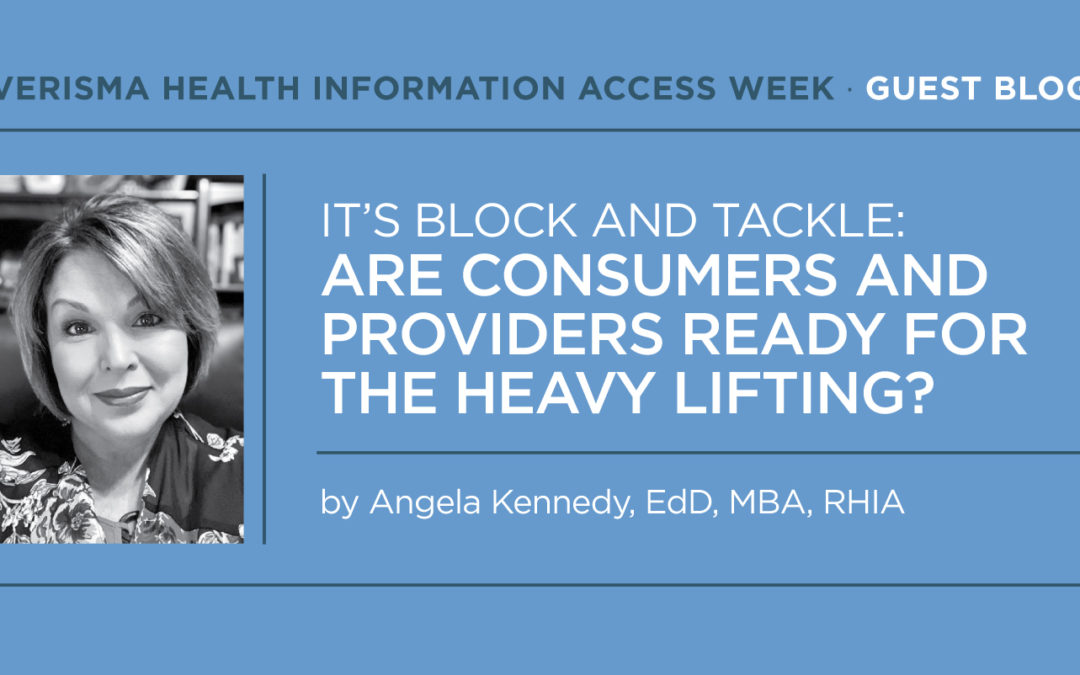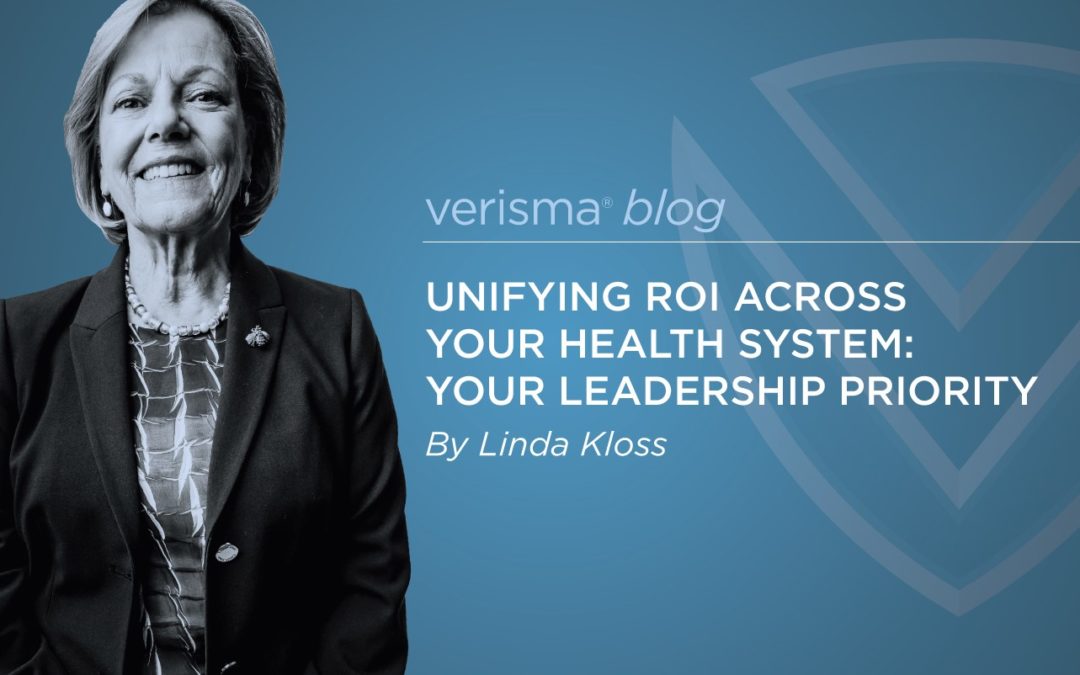
Bridging Access to Clinical and Financial Information – Opportunities and Challenges
In 2020, The Office of the National Coordinator’s (ONC) and the Centers for Medicare and Medicaid Services’ (CMS) released Regulations for Interoperability and Patient Access as required by the 21st Cures Act. Regulations increase access to medical information through application programing interfaces (API) to empower patients in their health care decisions. The API allows information to be shared and exposed within a consumer’s application-based solution of choice (e.g., wellness app). The information is portable, provides ability to share clinical information with care team, caregiver or other party and better understand healthcare costs and financial obligations.
The focus has been on the Information Blocking Regulations issued by ONC, but the companion CMS Interoperability and Patient Access Rules also have important implications. ONC information blocking allows consumers health information access from a provider setting. However, health insurers have most of their enrollee’s financial and clinical information across care settings (i.e., provider, hospital, pharmacy, laboratory, or other setting that submits claims to health insurer) to provide a more complete picture of the consumer’s healthcare experience.
The CMS rules require CMS-regulated plans to provide a patient access API, provider directory API and payer-to payer API by January 1, 2021. However, enforcement has been delayed to July 1, 2021.
Patient Access API
Medicare Advantage, Medicaid, Children’s Health Insurance Program (CHIP) and Qualified Health Plan (QHP) on the federal exchanges are required to provide the Patient Access API. This API includes adjudicated claims (including Pharmacy), enrollee cost-sharing, encounter information, provider remittances, select clinical data, including lab results, formularies or preferred drug lists.
The health insurer provides updates within 24 hours of receiving an encounter or processing a claim containing the cost and services provided to a patient. This financial information will assist consumers in tracking submitted claims, expected and current financial responsibility, in and out-of-network deductible amounts and other financial information for themselves and their dependents.
The clinical information includes clinical notes that are written to track patient progress, inform other medical staff and explain treatment options. Typically, these notes are written using medical terminology and abbreviations that may not be familiar or understandable. The evolution of documentation narratives toward the inclusion of easy-to-understand layman’s terms and description of the patient and clinician team interaction and decision making will increase the value of the medical information to the consumer. This information needs to be boiled down into brief, understandable and actionable problem lists for the patient that add value, not burden.
Commercial payers may consider voluntarily providing this API to empower their enrolled consumers and assist providers participating in their alternative payment models. Value-based care, including capitation payment shift more of the medical risk to the provider including costs that occur outside of the facility or system. Therefore, providers need costs and clinical information across provider settings for attributed patients.
Provider Directory API
Medicare Advantage, Medicaid, Children’s Health Insurance Program (CHIP) fee for service and managed care entities are required to provide the Provider Directory API. This API requires the provider names, addresses, phone numbers and specialties. An effective provider API will inform consumers what providers are in the health insurer’s network and if the provider is in the consumer’s specific health plan.
Payer to Payer API
Medicare Advantage, Medicaid managed care plans, Children’s Health Insurance Program (CHIP) managed care entities and Qualified Health Plans (QHP) on the federal exchanges are required to provide the Payer to Payer API. This API requires an individual’s past health insurer to transmit their claims and encounter information, and subset of clinical information to their new health insurer. This sharing of history allows a longitudinal medical record to be compiled no matter how many times a consumer changes their health insurance.
Commercial payers may consider voluntarily providing this API to maintain longitudinal records and ensure new enrollees are in the appropriate wellness programs and receive any gaps in current care.
ONC and CMS’s information sharing requirements allow vendors and payers to enable a one stop shop that is secure, easy to access, actionable and meet a priority consumer need. This may include promotion of wellness through integration with wearables, reduce redundant paperwork at provider settings, make payments, appeal claim payment, store and share medical records for a chronic patient or their caregiver, provide dashboard with tracking/monitoring of hospital at home activities, maintain current drug list, order medical supplies, access care through telemedicine and more from the comfort of home.
Expanded access to health information, including insurance-related information, has the potential to be inform and transform. Getting accurate and useful information to securely flow to consumers, across provider organizations, between providers and payers and payer to payer will be the work of healthcare over the next decade. This will be a heavy lift for consumers, covered entities, vendors and business associates. For decades I have worked on the standards and policies to enable us to realize this vision. Still, I have no illusion that this will be accomplished without significant challenges and protecting privacy and security will be among the most vexing. It’s an all hands on deck time to learn to use information for the benefit of consumer health and health services.
Tammy Banks, MBA is a Healthcare Consultant with ImpactQue and previously served as Vice President Interoperability Program Development for Optum and as Director Practice Management Center and Payment Advocacy for the American Medical Association. Outstanding Leadership and Distinguished Service Awards from WEDI.





